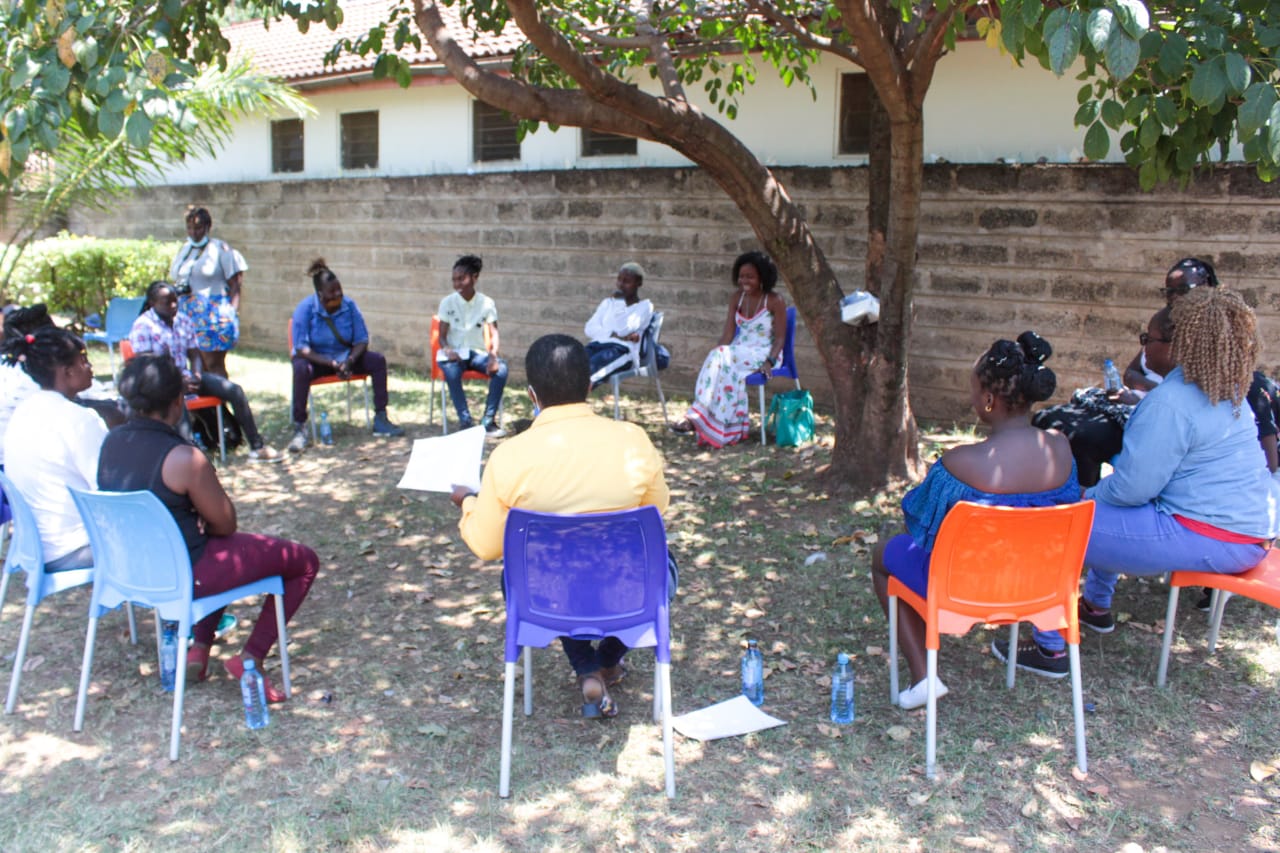LBQT persons experiential sharing on the impact of Coronavirus (COVID-19)
When pandemics strike, the marginalized and vulnerable communities always face further marginalization and barriers to health and wellbeing. Devastating as it may be to every Kenyan, COVID-19 is however disapproriately affecting sexual and gender minorities the most.
The challenges of COVID-19 on LGBTIQ persons include:
- The devastation of livelihoods – rising food and shelter insecurity resulting from job loss and economic fallout as a result of over-representation of LGBTIQ people in the informal sector and broad employment discrimination;
- Disruptions in accessing health care, including crucial HIV medication and gender-affirming treatments, and reluctance to seek health care due to discrimination, stigma, and refusal of services experienced by LGBTIQ people even outside a pandemic;
- Elevated risk of domestic and family violence – the most prevalent form of violence faced by LGBTIQ people on a day-to-day basis is heightened in circumstances of lockdowns, curfews and lack of access to support services and community resources;
- Social isolation and increased anxiety which is further heightened by being cut off from chosen families and the LGBTIQ community;
- Scapegoating, societal discrimination and stigma – there is an unfortunate history of LGBTIQ people being blamed for emergency situations, leading to further stigmatization, marginalization, violence, and danger;
To understand how the current COVID-19 pandemic is affecting LGBTQ persons and their families, we held an experiential sharing and reflections on the impact of COVID-19 on LGBTQ persons. The session provided a safe space for LBQT persons to share the challenges they are continuing to have during this pandemic, many noted they have been rendered jobless and are experiencing financial strain, this is due to the fact that they work in informal sectors and they have had to close down their business to oblige to the government measures that include limiting movement in places with reported cases; closure of public spaces with high human traffic, such as schools and public events; dusk-to-dawn curfews; and ensuring basic hygiene and social distancing. However, these precautionary measures continue to have negative economic impacts on businesses and workers. For example, one participant noted “I was working at a restaurant, but since the onset of COVID-19 the hotel has closed down and was forced to release all employees, I have been forced to odd jobs in order to put food on the table” Feeding large families become very difficult. Some said watching news instills fear. Some said they get haunted dreams of the COVID-19 which makes them stressed. All these create fear and anxiety among them
Another challenge that came from the session was that HIV+ people and transgender persons have been having it rough on accessing their medications and hormones during these times of global crisis. Cessation of movement from various counties made it very difficult for transgender persons to access their hormones and also LBQT persons living positively had it hard in going to take their medicines from healthcare facilities due to the prevailing stigma. Overwhelmingly, the impact of COVID-19 on mental health, including feelings of anxiety and depression, were key concerns for the community.
How are LBQT persons coping during this COVID-19 pandemic?
Coping relates to the feelings and behaviors you use to address the stressors. To a significant degree, feeling overwhelmed or not relies on whether you agree that you have the skills to deal with the problems you face.
Interestingly, being resilient is our second name, and coping with the COVID-19 pandemic ensures sanity regardless of how dire the situation may feel. Many are taking a personal choice to ensure they have a healthy coping mechanism such as exercising, journaling, participating in activities they love, and reaching out to friends or even a psychosocial counselor wherever they feel low,
The COVID-19 pandemic is an on-going crisis; newer concerns, challenges and needs of LBQT persons will continue to unfold, our immediate concern is to cushion beneficiaries from adverse effects.




